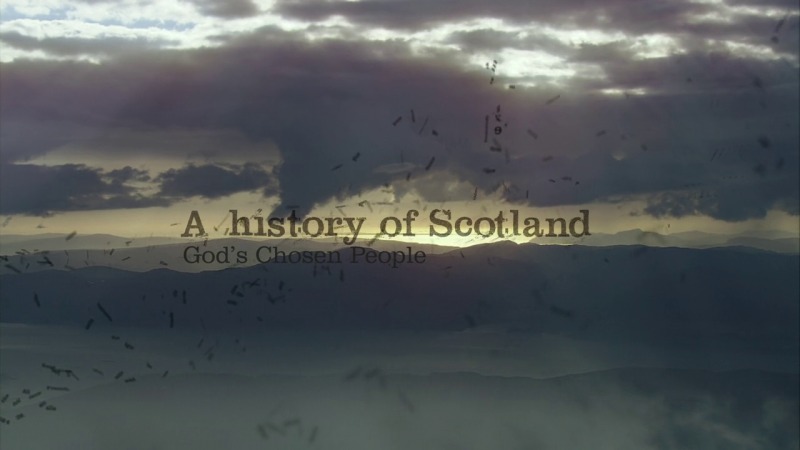A History of Scotland episode 6 – God’s Chosen People: Neil Oliver continues his journey through Scotland’s past with the story of the Covenanters, whose profound religious beliefs were declared in the National Covenant of 1638. This document licensed revolution, started the Civil War that cost King Charles I his head, cost tens of thousands of Scots their lives and led to Britain’s first war on terror.
Documentary charting the birth and growth of the Scottish nation. Scotland’s history has been badly served over the years. Defined by its relationship to England, Scotland’s popular history is full of near-mythical figures and tragic events, her past littered with defeat, failure and thwarted ambition. The martyrdom of William Wallace, the tragedy of Mary Queen of Scots and the forlorn cause of Bonnie Prince Charlie all give the impression of ‘poor’ Scotland; a victim of misfortune, leading to the country’s inevitable submission to the Auld Enemy.
After the Union in 1707, Scotland’s increasing reliance on England culminated in a crisis of confidence and identity that tortures the country to this day. But how accurate is this version of events? Using the very latest in historical research and by placing Scotland’s story in the wider context of British, European and global history, some of the myths that pervade the past will be exploded to reveal a Scotland which forged its own destiny, often with success.
A History of Scotland episode 6 – God’s Chosen People
Covenanters were members of a 17th-century Scottish religious and political movement, who supported a Presbyterian Church of Scotland, and the primacy of its leaders in religious affairs. The name is derived from Covenant, a biblical term for a bond or agreement with God.
The origins of the movement lay in disputes with James VI, and his son Charles I over church structure and doctrine. In 1638, thousands of Scots signed the National Covenant, pledging to resist changes imposed by Charles on the kirk; following victory in the 1639 and 1640 Bishops’ Wars, the Covenanters took control of Scotland and the 1643 Solemn League and Covenant brought them into the First English Civil War on the side of Parliament. Following his defeat in May 1646 Charles I surrendered to the Scots Covenanters, rather than Parliament. By doing so, he hoped to exploit divisions between Presbyterians, and English Independents.
As a result, the Scots supported Charles in the 1648 Second English Civil War. After his execution in 1649, the Covenanter government, in order to protect the Presbyterian polity and Calvinist doctrine of the Church of Scotland, signed the Treaty of Breda (1650) restoring his son to the Scottish throne and supporting him against the English Parliamentary forces as Charles II . Charles II was crowned King of Scots in Scone in January 1651, but by then the terms agreed at Breda were already a dead letter. The army associated with the Kirk Party under David Leslie, 1st Lord Newark was destroyed by Oliver Cromwell at the Battle of Dunbar in September 1650 and the English Parliamentarian New Model Army had taken Edinburgh and much of Lowland Scotland. The resulting annexation of Scotland by the Commonwealth of England abolished Scotland’s legislative institutions and dis-established Presbyterianism. There was freedom of religion under the Commonwealth, except for Roman Catholics, but the edicts of the Kirk’s assemblies were no longer enforced by law, as previously.




